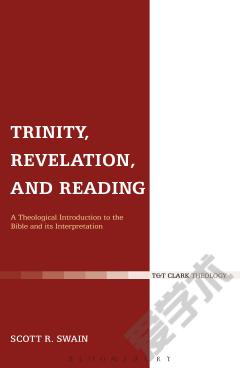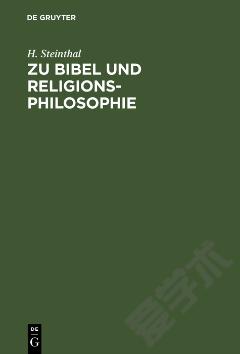Trinity, Revelation, and Reading —— A Theological Introduction to the Bible and its Interpretation
----- 三位一体,启示和阅读
知识图谱网络
A theology of biblical interpretation, treating both topics in light of their relationship to the triune God and the economy of redemption.
{{comment.content}}








 京公网安备 11010802027623号
京公网安备 11010802027623号